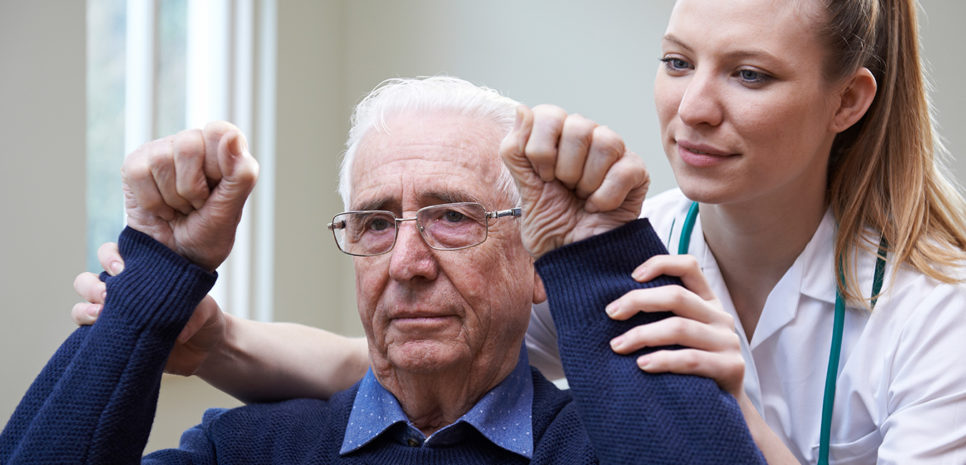The COVID-19 pandemic and lockdown changed the fitness habits of most Americans. But many people still haven’t started exercising again. Here’s a good reason to do it: A new study in the journal Stroke found that the less active people were, the higher their risk for stroke. A stroke happens when a blood clot cuts off the blood supply to your …
Young women, heart attacks and how to prevent them
Here’s some good news about heart disease, the number one killer of Americans: the rate of heart attacks and strokes is dropping and has been for decades. That means you are less likely to develop these problems than in the past. But there’s bad news, too: heart attacks are striking more young people, particularly younger women. New research shows that …
7 Surprising Heart Attack Triggers
When it comes to heart attack risk factors, you probably know that high blood pressure, diabetes, and high cholesterol put you in the danger zone. But these triggers may surprise you: A hot temper If you have a problem with anger, it could raise your risk for heart attacks. One study found that after an angry outburst, people had an …
Stopping Stroke is a No-Brainer!
Every two seconds, someone in the world has a stroke. Every five seconds, someone dies due to stroke. World Stroke Day, on October 29, is an opportune time to make note of the progress that’s been made to stop stroke—and the efforts that have fallen short. First the good news: Strokes can be prevented and if they do occur more …
The New Heart Threat for Young Adults
About 90 percent of strokes each year in the U.S. occur in people age 50 and older. Yet alarming new research shows that significantly more young adults are experiencing stroke, even as rates among older people may be improving. The new data, from the Centers for Disease Control, found a significant increase in hospitalizations due to stroke among men and …
What 90% of Women Don’t Know About Their Stroke Risks
Only about one in ten women can correctly identify female-specific risks for stroke, according to a national survey released by Ohio State University (OSU) Wexner Medical Center. That’s concerning, given that stroke is the third leading cause of death in American women and the top cause of long-term disability, reports the National Stroke Foundation. “What women don’t know about stroke …






